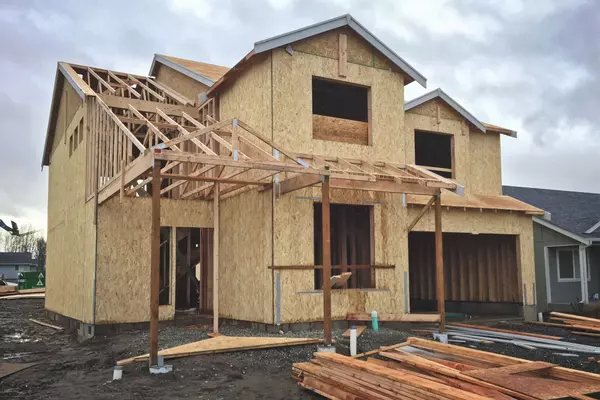Decoding the Real Estate Market: What Buyers and Sellers Need to Know

Decoding the Real Estate Market: What Buyers and Sellers Need to Know
Understanding Market Cycles: Boom, Bust, and Balance
Real estate markets aren’t static—they go through cycles that affect pricing, demand, and strategy:
-
Seller’s Market: Characterized by low inventory and high demand, homes often sell quickly and above asking price. Sellers have the advantage here, but buyers need to act fast and be prepared for competition.
-
Buyer’s Market: Occurs when there are more homes for sale than buyers, leading to price reductions and more negotiation room. Buyers have more choices and leverage; sellers may need to price competitively or offer incentives.
-
Balanced Market: Supply and demand are roughly equal, resulting in more stable prices and fewer bidding wars.
Knowing which phase the market is in helps you tailor your approach.
Supply and Demand Dynamics
Two key forces drive real estate prices and availability:
-
Inventory Levels: The number of homes available influences competition and pricing pressure. Seasonal trends often affect supply, with spring and summer being busiest.
-
Buyer Demand: Economic factors like employment rates, interest rates, and consumer confidence impact buyer activity.
Monitoring these dynamics can reveal when it’s best to buy or sell.
Interest Rates and Financing Impact
Mortgage rates heavily influence affordability and market activity:
-
Rising Rates: Higher rates increase monthly payments, which can cool buyer demand and slow price growth.
-
Falling Rates: Lower rates make borrowing cheaper, often sparking increased buying activity and higher prices.
-
Loan Types and Terms: Fixed vs. adjustable rates, loan duration, and down payment requirements also affect what buyers can afford.
Stay updated on financial news to anticipate market shifts.
Local Economic Factors
Your neighborhood’s economy plays a big role:
-
Employment Opportunities: Job growth attracts residents, boosting housing demand.
-
Wages and Income Levels: Higher average incomes support higher home prices.
-
Business Development: New companies, retail, and amenities enhance livability and property values.
-
Infrastructure Investments: Transportation and community improvements can raise desirability.
Understanding local economic health helps predict market trends.
Buyer Behavior and Preferences
Buyer priorities evolve, influencing market trends:
-
Home Features: Demand may shift toward larger yards, home offices, or energy-efficient upgrades based on lifestyle changes.
-
Location Preferences: Proximity to good schools, transit, or recreational spaces affects neighborhood popularity.
-
Generational Differences: Millennials, Gen X, and Baby Boomers often have distinct buying motivations and styles.
Real estate professionals track these trends to guide clients effectively.
Seller Strategies in Changing Markets
Sellers must adapt tactics based on conditions:
-
Pricing Flexibility: In slower markets, competitive pricing and incentives are key; in hot markets, pricing aggressively can maximize returns.
-
Marketing Approaches: Enhanced online presence, staging, and open houses attract more buyers.
-
Timing the Sale: Seasonality and market conditions influence the best time to list.
Consulting with experienced agents helps sellers craft winning strategies.
Risk Factors and Opportunities
No market is without risks, but savvy buyers and sellers can capitalize on opportunities:
-
Market Volatility: Sudden economic changes, interest rate hikes, or local disruptions can affect prices.
-
Investment Potential: Buying in up-and-coming areas or properties with renovation potential can yield long-term gains.
-
Negotiation Leverage: Understanding market balance gives you an edge in deal-making.
Tools and Resources to Stay Informed
-
Local Market Reports: Monthly data on prices, sales, and inventory.
-
Real Estate Apps: Instant access to listings, price trends, and mortgage calculators.
-
Professional Advice: Regular consultations with real estate agents and financial advisors.
-
Community Engagement: Attending local meetings and forums to hear about developments and policies.
Decoding the real estate market’s complexities empowers you to make confident decisions that align with your goals, whether buying or selling.
Categories
Recent Posts







